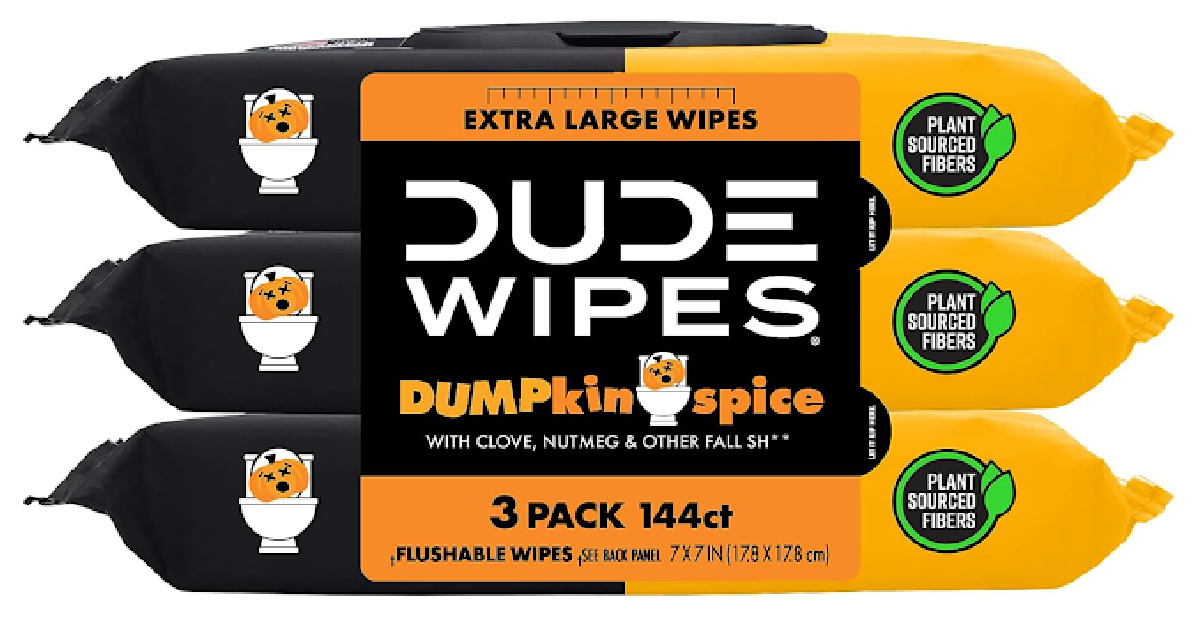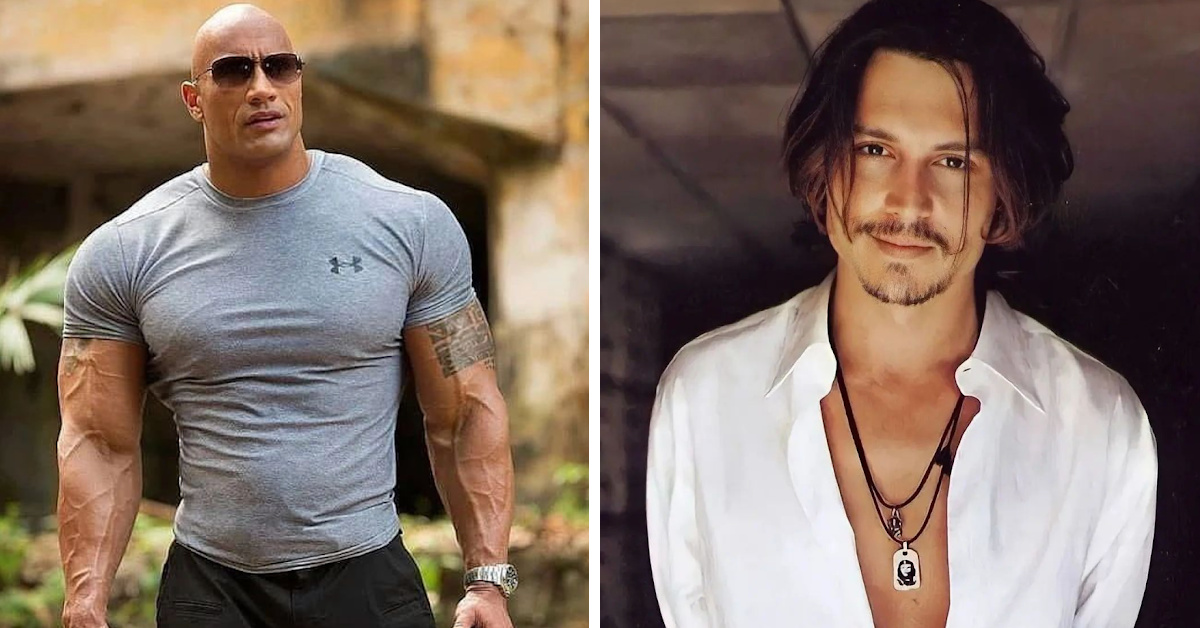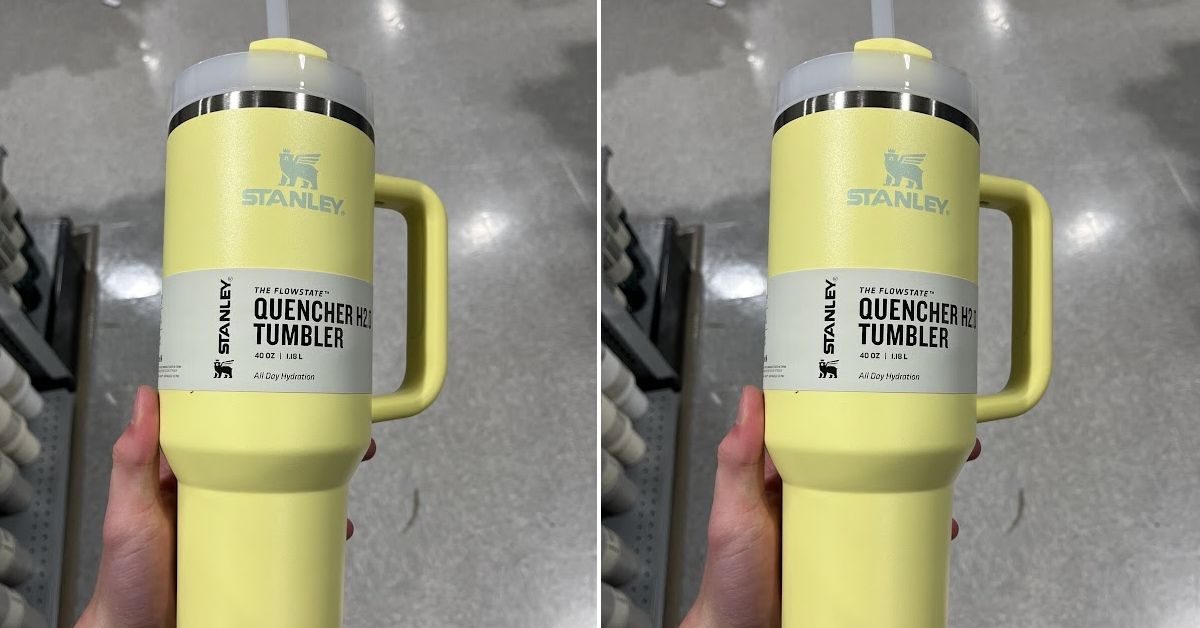If You’ve Had The Measles Vaccination Are You Still Protected? Here’s How To Know
With the rate that the measles outbreak is spreading, it’s normal to be worried on whether or not you’re protected from this highly contagious virus.
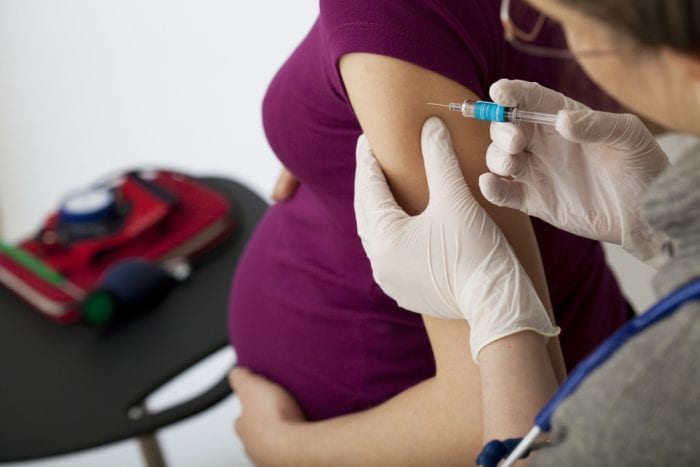
“From January 1 to April 26, 2019, 704** individual cases of measles have been confirmed in 22 states. This is an increase of 78 cases from the previous week. This is the greatest number of cases reported in the U.S. since 1994 and since measles was declared eliminated in 2000.”
CDC (Source)
Related Read: IF YOU WERE BORN BEFORE 1989 YOU NEED ANOTHER MEASLES VACCINE. YOURS WON’T WORK
Unless you’ve had the measles vaccine or had measles already, the answer is entirely NO. No, you are not protected in any way, shape or form.
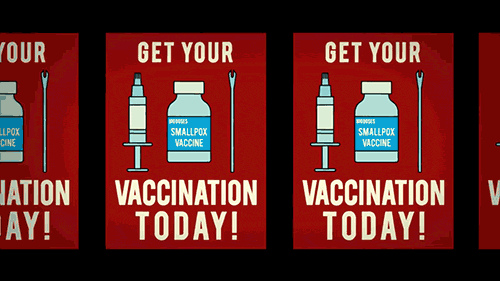
However, if you’re among those that have had a measles vaccine and wondering if you are still protected, here’s the answer…
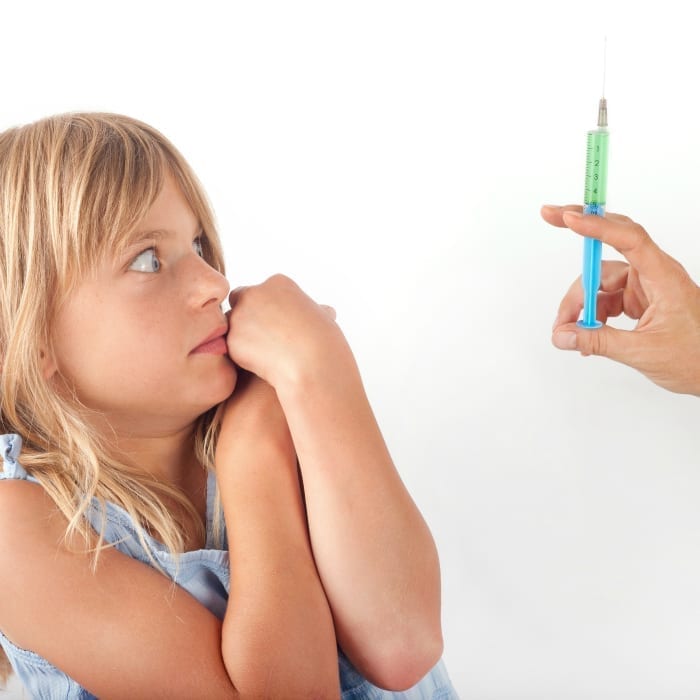
I’ve Had a Measles Vaccination. Am I Still Protected? Here’s The Answer
According the CDC (Centers for Disease Control), the measles component of the MMR vaccine provides lifelong protection.
It’s actually the mumps and rubella portions of the vaccine that are not as long-lived.
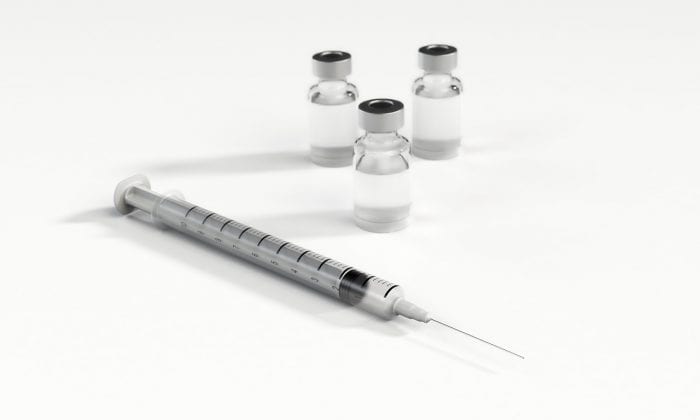
One dose of the MMR vaccine protects against measles at 93% efficacy (that is, 93% of individuals will receive the protective benefit of the vaccine), two doses of the vaccine provides 96-97% efficacy.
Related Read: 5 REASONS TO NOT VACCINATE YOUR KIDS
“Before the measles vaccination program started in 1963, an estimated 3 to 4 million people got measles each year in the United States. Of these, approximately 500,000 cases were reported each year to CDC; of these, 400 to 500 died, 48,000 were hospitalized, and 1,000 developed encephalitis (brain swelling) from measles. Since then, widespread use of measles vaccine has led to a greater than 99% reduction in measles cases compared with the pre-vaccine era.”
CDC (Source)
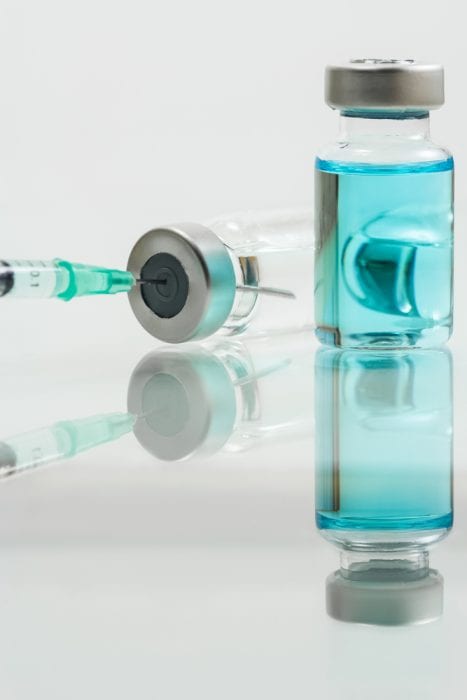
What does that mean? Does it mean you are protected?
The short answer for most people is yes. For most people, getting the vaccine once (or twice) is enough to provide life-long protection. (Source)
However, some people who have received the vaccine can still test negative for immunity and will require a booster. Others that work in certain careers (healthcare) or travel internationally may also need a booster.
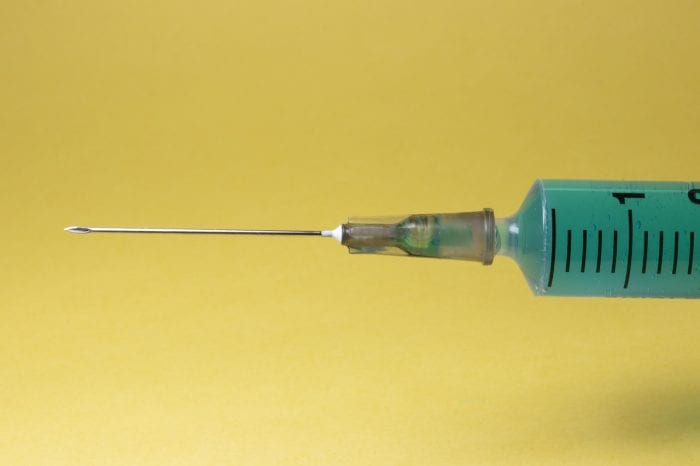
The CDC considers you protected from measles if you have written documentation (records) showing at least one of the following:
- You received two doses of measles-containing vaccine, and you are a(n) —
- school-aged child (grades K-12)
- adult who will be in a setting that poses a high risk for measles transmission, including students at post-high school education institutions, healthcare personnel, and international travelers.
- You received one dose of measles-containing vaccine, and you are a(n) —
- preschool-aged child
- adult who will not be in a high-risk setting for measles transmission.
- A laboratory confirmed that you had measles at some point in your life.
- A laboratory confirmed that you are immune to measles.
- You were born before 1957.

For international travelers, the CDC considers you protected from measles if you have written documentation (records) showing at least one of the following:
- You received one dose of measles-containing vaccine, and you are an infant aged 6–11 months
- You received two doses of measles-containing vaccine, and you are a person 12 months or older
- A laboratory confirmed that you had measles at some point in your life
- A laboratory confirmed that you are immune to measles
- You were born before 1957
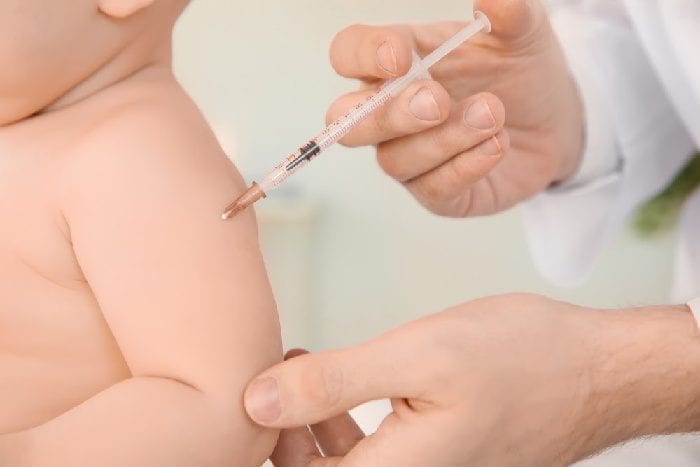
So, if you are unsure whether or not you received 2 doses of the vaccine or fit the criteria above, ask your doctor.
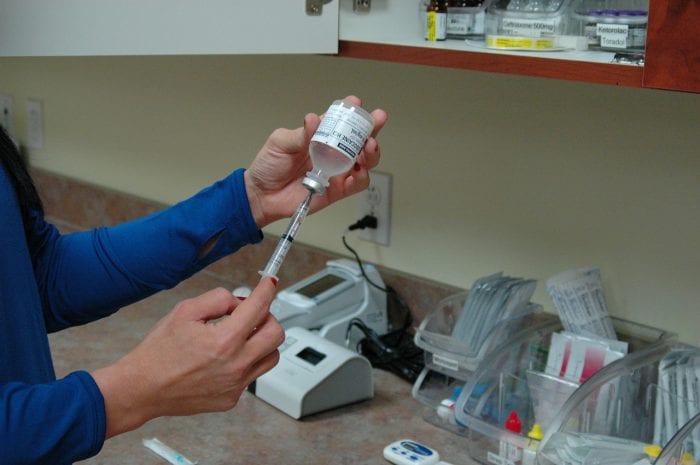
Your doctor may order a titer test which is a blood test that checks for the presence of certain antibodies in the blood stream to determine whether you’re immune.

